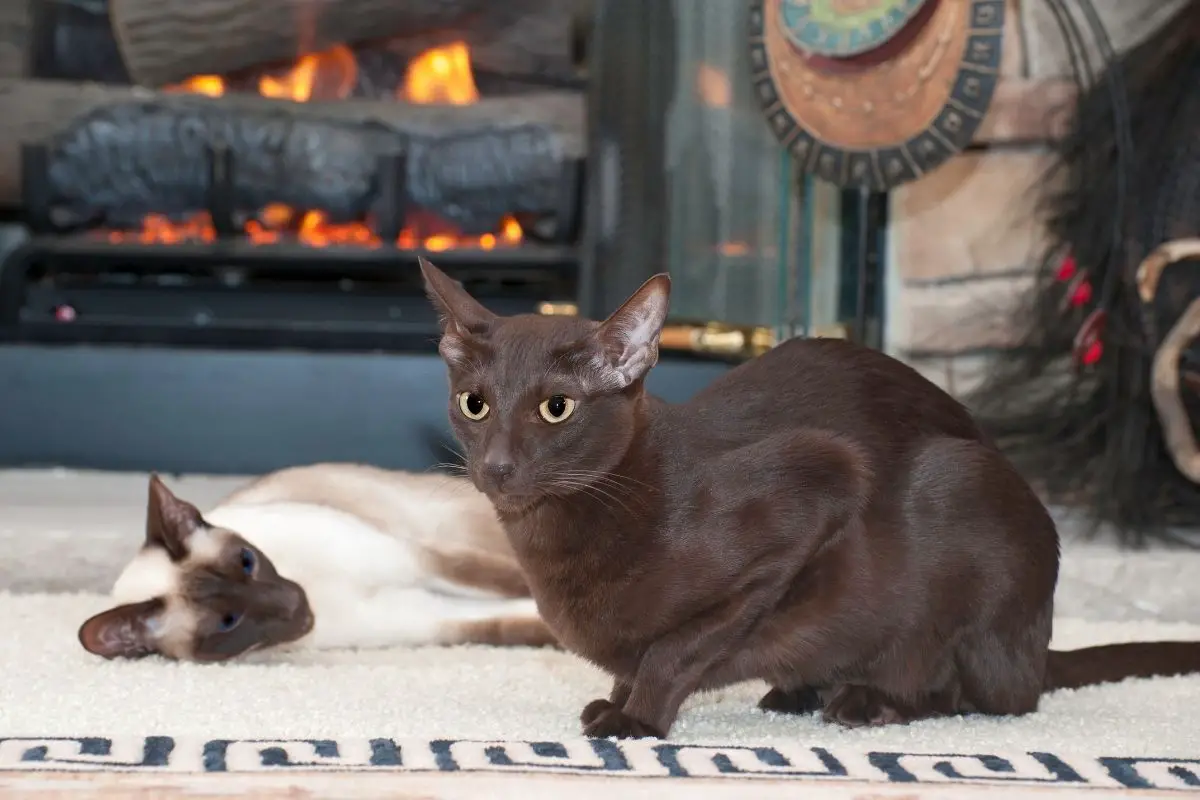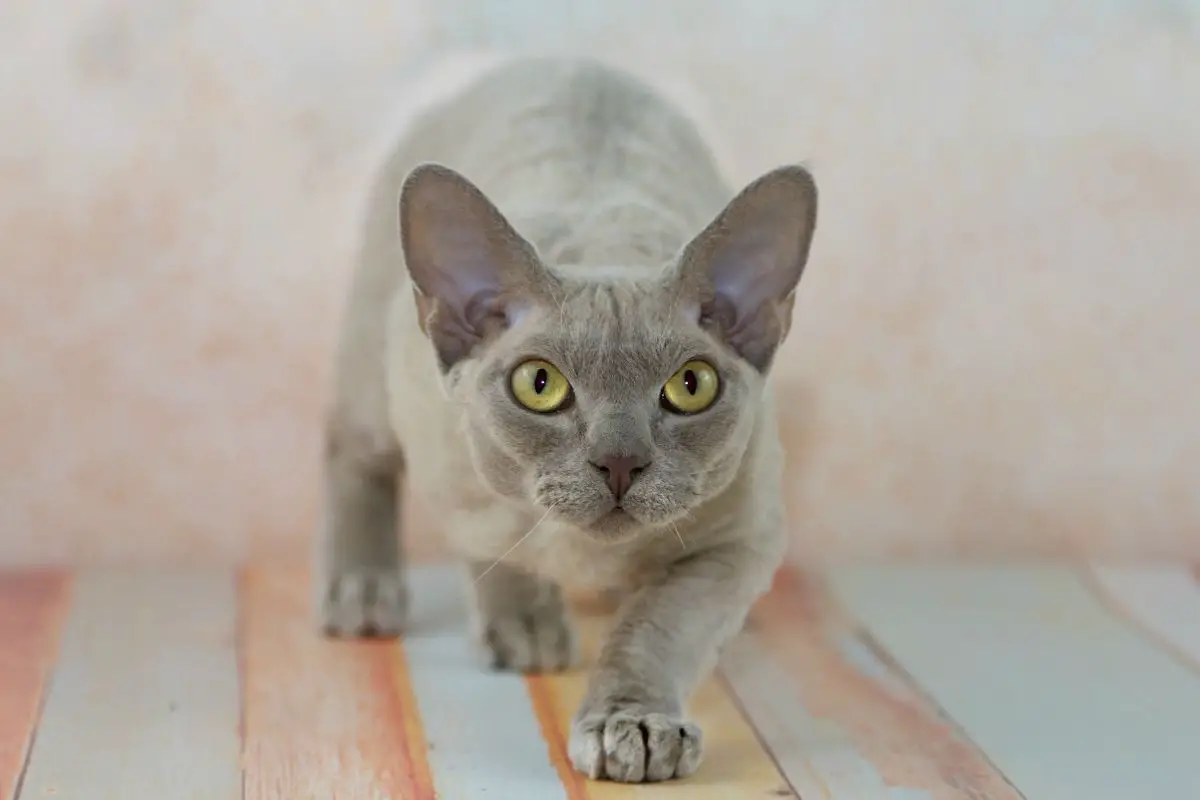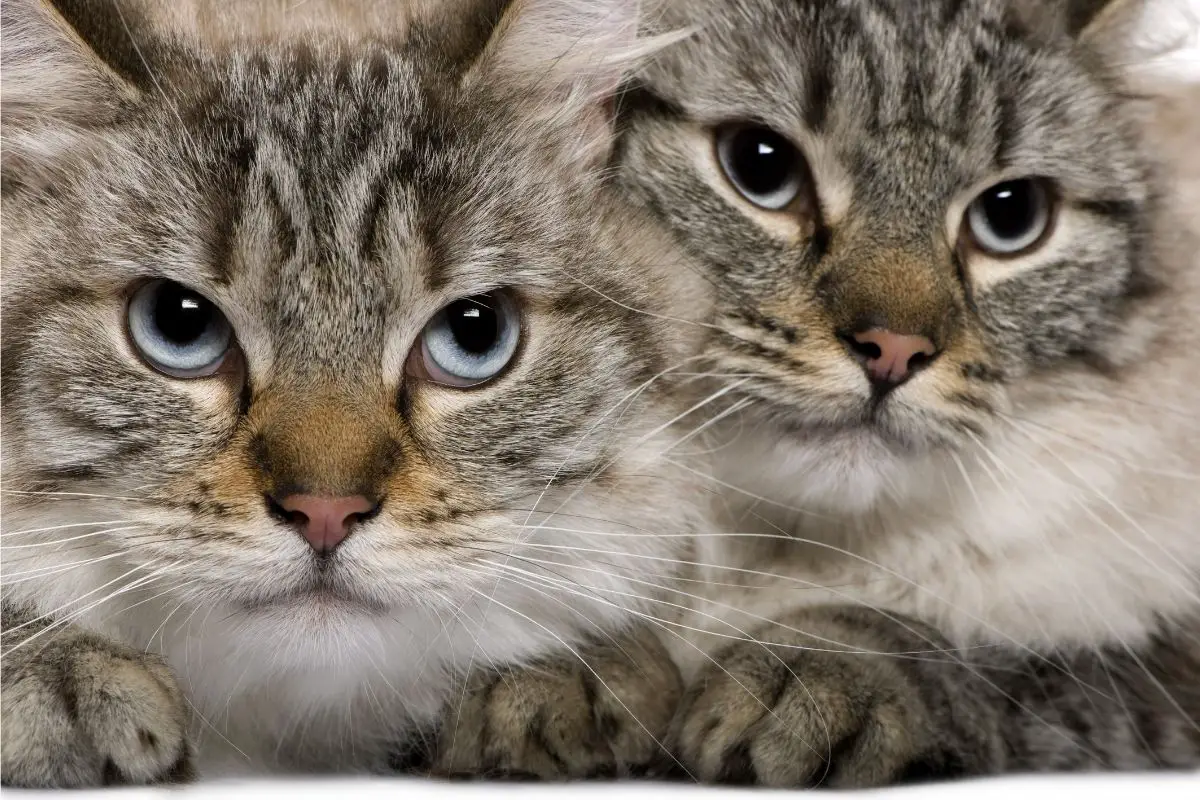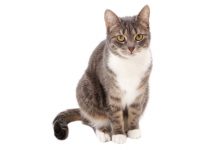Are you allergic to cats? If you are, then you may be wondering if you can get your hands on a hypoallergenic cat.
Cats are very popular pets around the world. They are considered a symbol of status and luxury. In addition, they are known for their loyalty and affection towards humans.
However, some people are allergic to them. These allergies can cause serious health problems such as asthma, and eczema.
Fortunately, this article has found some cat breeds that may cause less of an allergic reaction.
Contents
What Causes Allergies To Cats?
While you may be thinking it’s the cat’s fur that is causing allergies, it is actually their saliva. This saliva contains Fel d1, a protein that causes itchiness, and sneezing.

As cats clean themselves with their saliva, it is present on their fur and becomes airborne, causing a reaction in those who touch the cat and, in more severe cases, those who are in close proximity to one.
Allergic reactions are triggered by these proteins. Different breeds produce different amounts of these proteins, and some breeds are more desirable for allergic sufferers.
Hypoallergenic Cats
Interestingly, there is no such thing as a hypoallergenic cat. However, this does not mean those cat lovers who are allergenic need to miss out on owning a little fur friend.
As it is the saliva of a cat that causes allergies, there are some cat breeds that have less saliva, are hairless, and don’t shed as much fur as others.
This means there is less fur that has been soaked in this allergy-inducing saliva being spread around your home.
Which Cat Breeds Are Best For Those Who Are Allergic?
This article is now going to provide you with a list of cat breeds that shed less hair, and secrete less protein, resulting in them causing fewer allergies in those who are allergic.
1. Balinese
Balinese cats are commonly referred to as ‘Longhaired Siamese’, and it isn’t hard to tell why with their soft and long furry coat.
This coat makes it hard to believe that they cause fewer allergic reactions, but this breed is known to produce less of the Fel d1 protein that causes allergies.
They are very friendly and intelligent and are easy to train and love to play. They are highly sociable and sensitive to your moods.
2. Oriental Shorthair
Oriental Shorthair cats have a beautiful, silky coat that has minimal shedding. If you ensure to brush them regularly, the shedding will continue to be kept at a minimum, and they will be looking their best.
These cats are friendly, affectionate, and outgoing. They are playful, sociable, and independent, and need quite a bit of activity to keep them occupied and entertained.
This is a good breed of cat to pair with another pet, as they are high energy and friendly, and will really benefit from having another furry friend to play with.
3. Javanese
Javanese cats are very friendly, intelligent, and communicative. Their coats are short but still provide warmth without being too thick. They burn off extra calories by playing and having fun.
They have short coats, with no undercoats, making them a perfect breed for those with allergies as they will shed much less hair because of this.
Known as one of the lowest shedding cat breeds, these cats are a wonderful addition to the family.
4. Devon Rex
Rex cats are very friendly and loving animals. Their ears are bigger than normal cats, and they can be seen as alien-looking creatures, but this doesn’t take away from their cuteness!

They love to sleep with their owners and love giving them kisses and affection.
They shed less than other breeds, and wiping down their coats will minimize this shedding further, while spreading their natural oils to keep them clean.
5. Cornish Rex
The Cornish Rex requires more attention than the Devon cat because they need regular baths to prevent oil buildup on their skin, and they get easily bored.
They are affectionate, playful, and energetic cats who love human companionship.
They are determinedly outgoing and friendly towards people. Their soft, velvety fur makes them ideal lap warmers during cold weather.
Both the Devon and Cornish Rex are great pets for people who suffer from allergies. Choose one based on how you want to feel when you pet them and one that suits your personality.
6. Siberian
Because of their long fur, at first glance, Siberians wouldn’t appear to be the first choice for those who suffer from allergies.
However, this breed is known for producing low amounts of Fel d1 protein, which makes them less likely to cause allergic reactions.
They’re also very friendly, playful, and loving, and are a good option if you already have other pets at home.
These beauties have a triple coat, which should be maintained with weekly brushing. They do shed seasonally, and at this time you should brush them daily.
Don’t let this put you off, though, brushing your cat is a great way for the both of you to bond!
7. Sphinx
Sphinxes are hairless breeds of cats. They’re very friendly and affectionate towards people, and they love attention and cuddling.
While they are thought to be the best option for people with allergies, they do produce dander (microscopic pieces of dead skin). However, this can be controlled by bathing them frequently.
They also need frequent baths because their lack of fur means they have sweaty and oily skin, so they must be cleaned often to remain healthy.
8. Ocicat
These athletic beauties are very high-energy, and interestingly enough, don’t dislike water like most cats do. These lovelies may even enjoy going for a swim with you!
They are low shedding cats, and grooming them frequently will ensure that all their dead hair has been removed, reducing the chance of allergic reactions.
Because of their sociable nature, these cats will really benefit from having a fellow cat or dog in the house with them.
Final Thoughts
As stated earlier, no cats are completely hypoallergenic, but you can spend time looking for a cat that secretes less protein in its saliva and sheds less hair.
You can also talk to breeders, veterinarians, or other experts for help, in order to find the perfect addition to your family.
We hope this list has helped you gain a better idea of what breeds would suit those who have allergies to cats.



